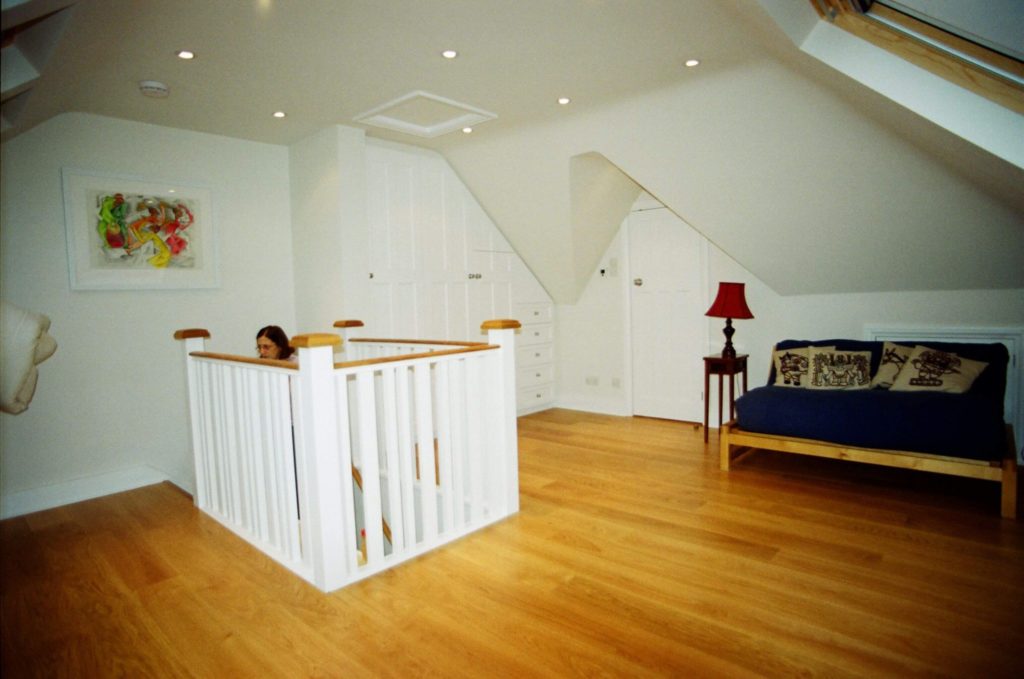Yes, technically building work can start on a property that is in probate, but you will need the permission of all other beneficiaries and this needs to be approved and in writing.
It is understandable if there has been a bereavement and a child of the deceased is going to inherit the property and wants to start doing immediate work on it. From refurbishments, new floors, walls, extensions or loft conversions too, but there are legal implications.
Typically a property cannot be touched whilst in probate which is at least a 9 -12 month period. Probate is a legal process when someone dies and the person in control of the property (the executor) has make sure that all legal holes are filled, including distributing the assets to the key parties and paying of all existing debts and legal bills too.
So to start doing work whilst a property is in probate will need official sign off by the executor, solicitor and all parties involved and maybe even the council if planning permission is required.
What Is Probate?
Probate is the official legal process after someone has died. They will use an executor, solicitor or administrator to suitably manage all of their financials and value all their assets such as their property, vehicles, jewellery, furniture, investments.
The executor can be anyone over 18 years of age, but does not necessarily need to be a solicitor. It could be a spouse, sibling or nephew for instance.
During this process, the executor will pay off any pressing debts such as taxes and funeral expenses and everything else will be distributed to different beneficiaries based on the will or their rights as heirs.
Probate is typically a 9-12 month period unless it is more complicated. During this probate period, property owned by the deceased cannot be sold or transferred to anyone else.
Certain key debts must be paid off, specifically inheritance tax, which is 0% for the first £325,000 and 40% after any amount above £325,000.
This is why development work is not automatically granted, because there are important costs involved that need to be paid. In addition, jumping on building work might change the value of the property and impact the overall amounts inherited. There are precautions that need to be taken.
What Are The Legal Issues With Building Work During Probate?
The executor cannot allow any major changes to the property, such as building work, until probate is officially granted.
Even if the Grant of Probate is obtained, the executor must ensure that any decisions, including building work, are in line with the best interests of the beneficiaries.
Any heavy building work that is done that is not authorised could expose the executor to legal liabilities, particularly if it devalues the property or results in disputes among beneficiaries.

It is best to talk through all building work with other parties and beneficiaries and have permission signed off to avoid confusion or issues down the line
What Permissions Do You Need To Start Building Work During Probate?
Some building work requires planning permission from the local council, such as loft conversions and some extensions that go beyond 8 metres in depth and 4 metres high. There are some things that do not require planning permission such as internal changes, such as turning a garage into another regular room or adding a conservatory.
You may not even be allowed to make a planning permission application for work if probate has not been fully approved.
Can I Fund The Building Work Myself During Probate?
Yes, in theory you can fund any building work yourself during probate, but one cannot expect this to be necessarily reimbursed from the estate without permission of other beneficiaries. It is therefore common that all decisions are made together by siblings and their spouses.
If there are necessary and urgent repairs such as leaks and roof damage, then collectively this would make sense to fund and it can be mutually agreed that these will be reimbursed. All costs should be clearly recorded.
What Are The Next Steps?
To be careful, one should coordinate a plan with all beneficiaries and the solicitor involved and discuss openly about any urgent and non-urgent building work. There may be several opportunities to include the value of the property which all members can benefit from. But being upfront and transparent about costs is key and not running ahead with building work without considering the other parties and the legal and financial implications.


